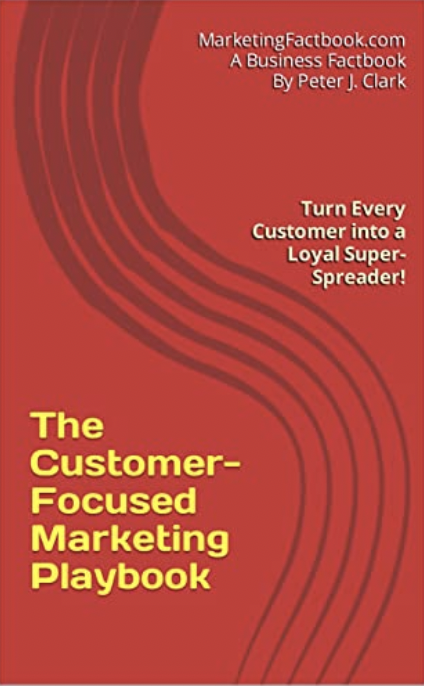Do-gooding does better for loyalty
As our world grows ever more interconnected, companies - including retailers - face growing pressure from their customers to do business in a socially-responsible way. And, in an increasingly cause-conscious planet, doing good is also increasingly good for business because it encourages both customer goodwill and loyalty, according to Gerrit McGowan, CEO for KULA Causes.
That was one of the main themes discussed during the recent National Retail Federation's Big Show in New York. In his keynote address, 'Building Strong Nations: Three Pillars to a Prosperous Society', former United Nations Secretary General, Kofi Annan, pointed out that retail can play a big role in fostering economic growth and stability in the developing world, which he characterised as "waiting for retail". They can do that, Annan said, by bringing small farmers and individual entrepreneurs into their supply chains, sourcing local materials and investing in their local partners.
This is an important reminder that, while members of middle and upper socioeconomic classes may be the most attractive customers, lower-income consumers are not to be forgotten - many of them do business with large retailers every day. After all, the economies in the 'Global South', which include China, India and most of Southeast Asia as well as Africa and parts of South America, have seen an average yearly GDP growth rate of 4.8% during the past decade. And consulting firm A.T. Kearney reported last year that the best new markets for retailers include, apart from the expected BRICS countries: Botswana, Mongolia, Oman and Azerbaijan. "The people at the bottom control trillions of dollars," Annan concluded.
Meanwhile, Edelman's '2012 Goodpurpose' study found that consumers in the world's biggest emerging economies have high expectations of, and engagement with, companies in terms of social causes. Of course, that's ringing true in almost every country across the world; Edelman also reported that 87% of global consumers believe companies should give cause efforts and business efforts equal importance.
Several other NRF presenters highlighted the topics of CSR and of loyalty - which, when combined, can help retailers significantly deepen customer engagement and goodwill.
Meaningful causes mean greater engagement
In opening the keynote presentation, The Container Store's CEO, Kip Tindell, told delegates that "harity alone won't save the world. It actually takes, ironically enough, business and capitalism to do that as well."
Businesses are thinking about a wider centre of responsibility, according to Whole Foods' co-CEO, Walter Robb, who explained that "Corporations - including retailers - should be taking a larger role in their communities not because they have to, but because they want to". But what does this responsibility entail? It means, for example, companies giving back to the communities that enable their success, making sure customers can easily know how materials are sourced and dealing fairly with the countries whose natural resources supply those materials.
Starbucks' CEO, Howard Schultz, took this line of reasoning to its logical conclusion: in this always-connected age of the 24-hour news cycle, consumers can quickly research companies' business practices, embracing companies if they're deemed responsible and rejecting them if they're not. In other words, today's tech-savvy, cause-conscious consumers tend to give their loyalty to companies whose cause affinities align with their own. They're also likely to recommend these companies to family and friends, becoming de facto brand ambassadors. The combination of technological innovations and CSR can help any retailer boost engagement with customers. For example, a retailer might choose to allow its loyalty programme members, most of whom have unused points, miles or other rewards, to donate those rewards to causes of the customers' own choosing.
When retailers act as conduits for their loyalty members' charitable instincts, they can fuel a self-perpetuating loop that benefits all stakeholders - companies, customers, employees, non-profits and shareholders - while driving deeper and more meaningful customer engagement that can last a lifetime. So the phrase "doing well by doing good" may be an old one, but it's the reality for retailers in 2013 - and proof that some things will never go out of fashion.
Sources: KULA Causes / The Marketing Factbook.
Copyright © 2013 - 2025 The Marketing Factbook.
Categorised as:
- Customer Experience
- Customer Loyalty
- Knowing The Customer
- Marketing Know-How
- Marketing Technology
